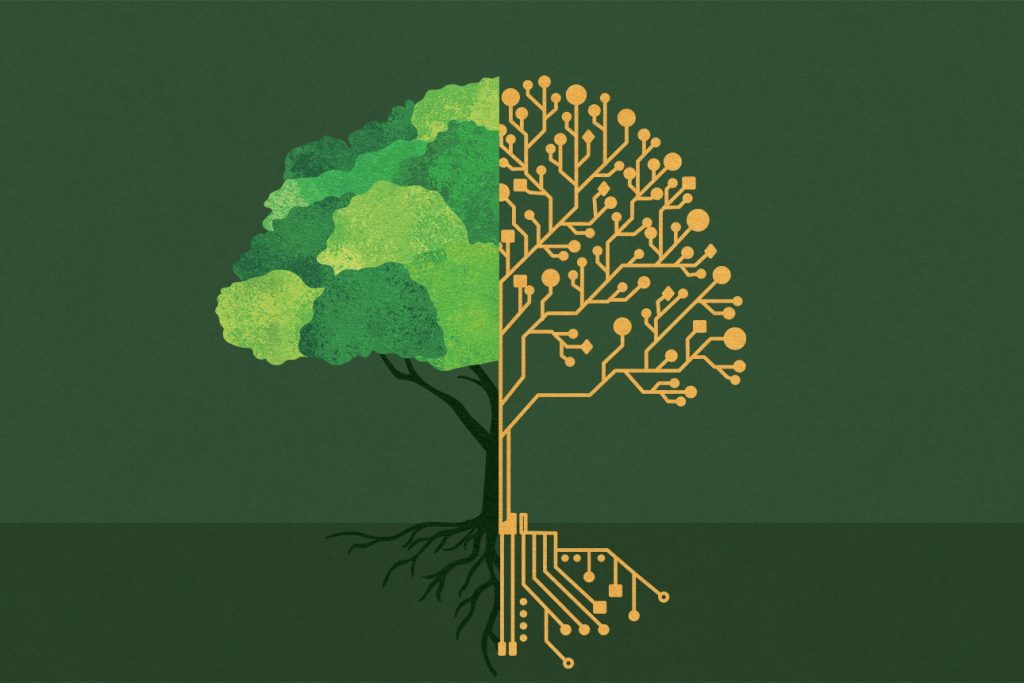I’m reading a book about how Artificial intelligence (AI) will transform our lives. As a consultant focused on ethics in sports, I wanted to explore the advancements in AI in sustainability and how world leaders could deploy the technology to help reduce their carbon footprints and hit their net-zero targets.
AI has the potential to be a transformative tool in helping governments achieve carbon footprint targets and broader sustainability goals. By leveraging AI, governments can adopt smarter, data-driven approaches to managing resources, reducing emissions, and fostering sustainable practices across industries.
AI’s most significant contribution is its ability to analyse vast amounts of data in real-time, enabling more accurate carbon tracking and forecasting. AI can identify inefficiencies in energy grids, optimise transportation routes, and predict the environmental impact of policies before they are implemented. These insights empower governments to make informed decisions, minimising waste and maximising impact.
AI-driven technologies like smart grids and IoT-enabled sensors can facilitate the transition to renewable energy by ensuring optimal energy distribution and storage. Predictive maintenance powered by AI can extend the lifespan of infrastructure, reducing the carbon cost of replacements.
AI can also amplify citizen engagement by personalising recommendations for reducing individual carbon footprints and encouraging sustainable behaviours. By integrating AI into urban planning, governments can design green cities with minimal environmental impact.
However, ethical considerations like energy-intensive AI systems and data privacy must be addressed. When harnessed responsibly, AI offers a powerful pathway for governments to lead the fight against climate change and achieve their sustainability mandates.




